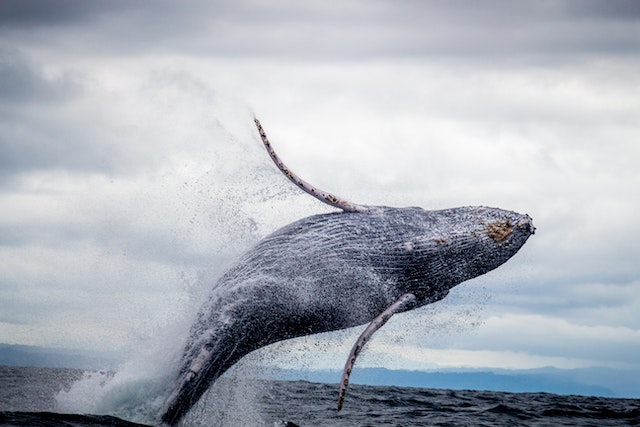Whales Lost and Found
Rescuing a history of biodiversity loss in early modern Brazil
DOI:
https://doi.org/10.31273/eirj.v10i2.976Keywords:
whaling, southern right whale, humpback whale, Portuguese Empire, marine environmental historyAbstract
Worldwide, whales have been hunted to the brink of extinction. In Brazil, whaling was a royal monopoly between 1614 and 1801. Within the dynamics of the Portuguese Empire, it was a stimulus that promoted wealth and the circulation of knowledge, practices, and products. The development of whaling stations in four coastal sites fostered the construction of littoral spaces, shaped the ways people perceived and used the ocean and marine animals, and left an impact on whale populations in a truly entangled history between humans and the non-human world. In this article, we aim to identify the main target species and number of animals caught through the analysis of historical sources from the 17th and 18th centuries. Southern Right Whale and Humpback Whale were the main target species, to a different extent, between the north-eastern and south-eastern whaling sites, but occasionally hunted simultaneously. We accounted for a total of 9080 animals captured in 41 years, between 1627 and 1801, and addressed hunting loss and calf-securing practices. In discussing biodiversity loss in the era of the Anthropocene, we expect to contribute to a better understanding of early impacts on marine life in the 1600-1800 period.
Funding
This paper had the support of CHAM (NOVA FCSH / UAc), through the strategic project sponsored by FCT (UIDB/04666/2020). The author was sponsored by a PhD scholarship by FCT (SFRH/BD/104932/2014). This study has received funding from the European project CONCHA (EU H2020-MSCA-RISE-2017 research and innovation programme under grant agreement Nº 777998) and the European Research Council (ERC) Synergy Grant 4-Oceans (European Union’s Horizon 2020 research and innovation programme under grant agreement Nº 951649). It has also received support from the UNESCO Chair ‘The Oceans’ Cultural Heritage’, OPI-Oceans Past Initiative, and APCM-Associação Para as Ciências do Mar.
Downloads

Downloads
Published
Issue
Section
License
Copyright (c) 2023 Nina Vieira

This work is licensed under a Creative Commons Attribution 4.0 International License.
Authors who publish with this journal agree to the following terms:
Authors retain copyright and grant the journal right of first publication with the work simultaneously licensed under a Creative Commons Attribution License (CC-BY), which permits use and redistribution of the work provided that the original author and source are credited, a link to the license is included, and an indication of changes which were made. Third-party users may not apply legal terms or technological measures to the published article which legally restrict others from doing anything the license permits.
If accepted for publication authors’ work will be made open access and distributed under a Creative Commons Attribution (CC-BY) license unless previously agreed with Exchanges’ Editor-in-Chief prior to submission.
Authors are able to enter into separate, additional contractual arrangements for the non-exclusive distribution of the journal's published version of the work (e.g., post it to an institutional repository or publish it in a book), with an acknowledgement of its initial publication in this journal.
Authors are permitted and encouraged to post their work online (e.g., in institutional repositories or on their website) prior to and during the submission process, as it can lead to productive exchanges, as well as earlier and greater citation of published work. (see: The Effect of Open Access)
